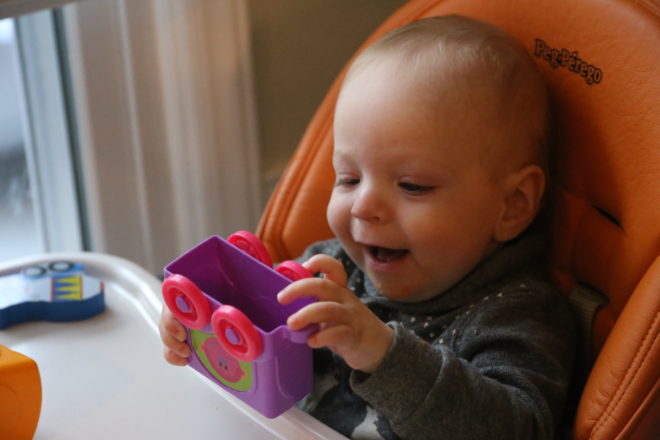
Podcast: Play in new window | Download


Podcast: Play in new window | Download


Podcast: Play in new window | Download
Did you ever suffer from a cold sore caused by the herpes virus? If so, this audio newsletter is for you. We go through all of the current data regarding cause and treatment.
Herpes Labialis is a common recurrent irritation for many children and parents alike. The Red Book, the bible of pediatric Infectious diseases, is the best resource for understanding Herpes viral infections. There are 8 primary herpes viruses that infect humans including: herpes simplex virus 1 (HSV1), herpes simplex virus 2 (HSV2), varicella-zoster virus, Epstein-Barr virus, cytomegalovirus, Human herpesvirus-6, Human herpesvirus-7, and Kaposi’s sarcoma herpes virus……
Read More at https://www.salisburypediatrics.com/patient-education/dr-magryta-s-newsletter/955-volume-11-letter-24
Best,
Dr. M




